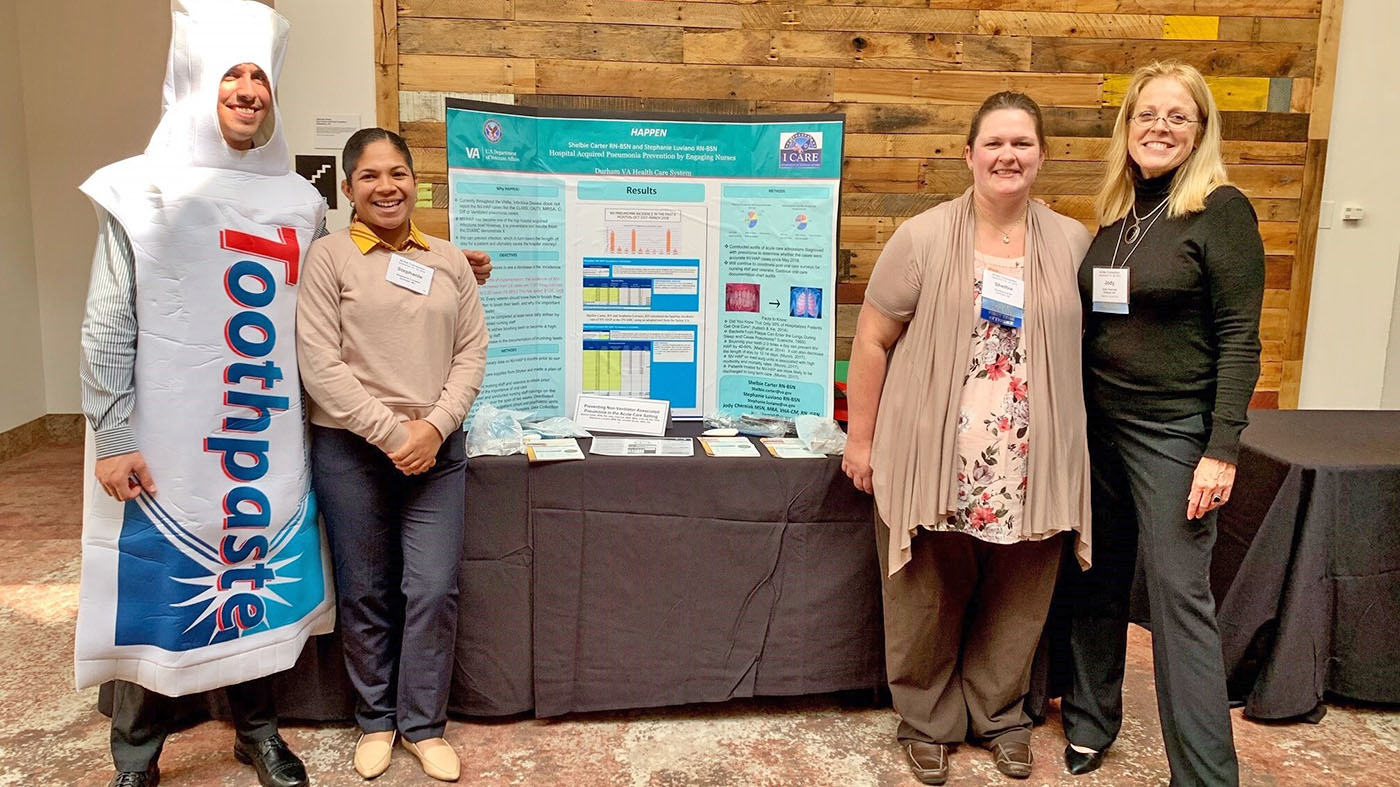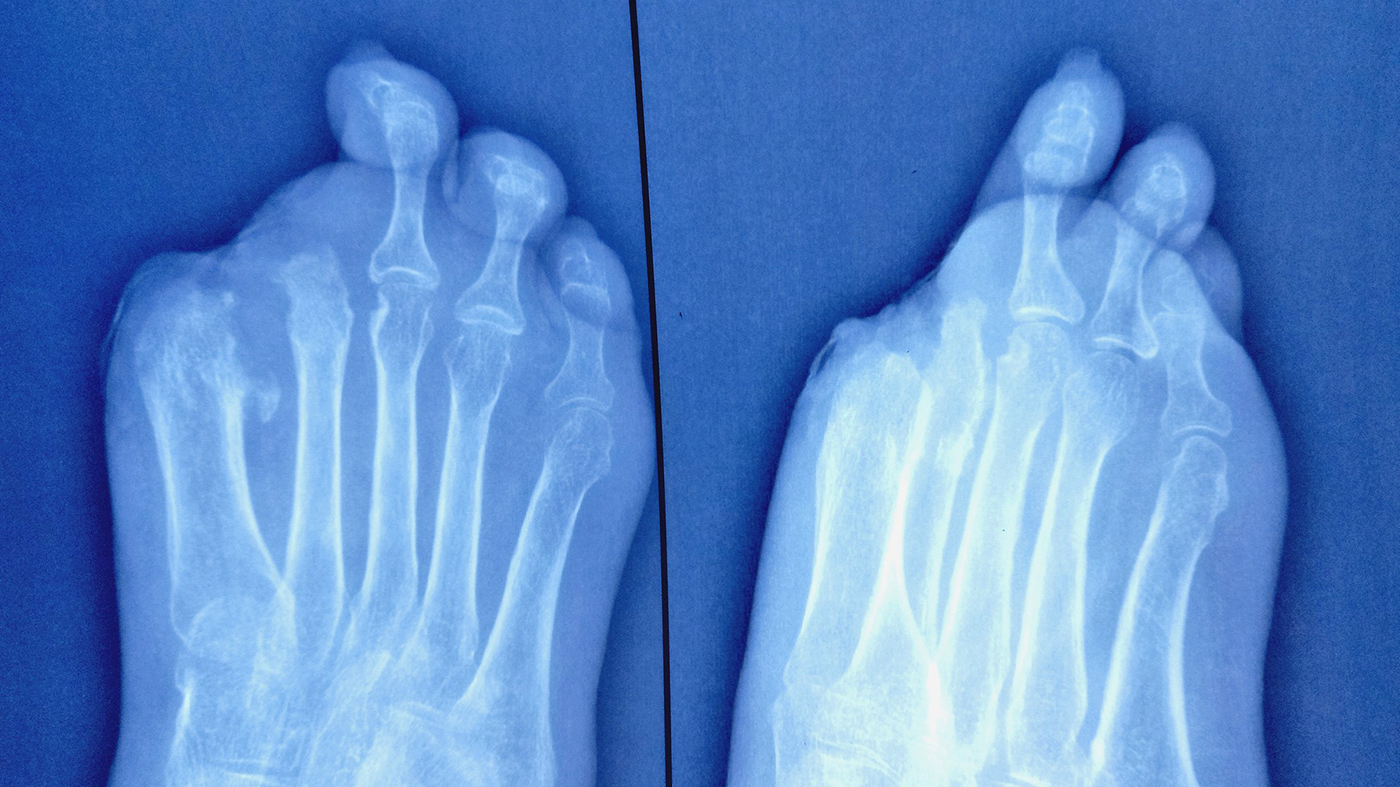The holiday season, often celebrated as “the most wonderful time of the year,” can also be one of the more stressful times of year. Holiday gift shopping, running errands, decorating, spending time with extended family and attending large social gatherings can be expensive, taxing and overwhelming.
For many, this time of year can intensify mental health concerns or lead to complicated emotional challenges. In small doses, anxiety can be motivating and help you confront life stressors. However, during the holidays, the pressure to meet social expectations and manage numerous obligations can make these feelings harder to manage.
The holidays can be particularly challenging as they may highlight difficulties in adjusting to civilian life, remind you of lost loved ones or increase exposure to crowds and social interactions—which can exacerbate PTSD symptoms. Additionally, feelings of loneliness and sadness can be more pronounced during this time of year.
Recognizing and managing these feelings is crucial to caring for your mental health during this festive yet busy season. Symptoms of depression and anxiety can be exacerbated by disrupted schedules, changes in seasons and less daylight.
To help you stay mindful, here are some key signs to watch for:
Common signs of anxiety
- Feeling restless, jumpy, or on edge.
- Excessive worrying about everyday decisions.
- Difficulty concentrating.
- A racing heart or cold, clammy hands.
- Trembling or twitching.
- Having trouble catching your breath.
- Feeling dizzy, nauseous, or lightheaded.
- Difficulty sleeping.
Common signs of depression
- Feeling sad or hopeless.
- Losing interest in or not getting pleasure from most of your daily activities.
- Gaining or losing weight.
- Sleeping too much or not enough almost every day.
- Feeling tired or as if you have no energy almost every day.
- Eating more or less than usual almost every day.
Coping ahead and managing holiday stress
There are simple ways to safeguard your mental health and keep stress levels in check. Prioritizing self-care and being mindful of your mental health can help you navigate the holidays more smoothly.
Here are some tips:
- Manage expectations: Learn to say “no.” You can’t be everything to everyone. Setting boundaries is normal and healthy.
- Plan for breaks: If you need a healthy distraction, try listening to music, spending time in nature or playing a game.
- Do something for someone else: Serving others was likely one of the reasons you joined the military. Continue to serve by volunteering for good causes in your community.
- Look for free activities: Enjoy simple pleasures like taking your dog for a walk, playing board games with friends or joining a book club.
- Understand perfection doesn’t exist: Social media often portrays an unrealistic picture of the holidays. Don’t compare yourself to others.
- Set differences aside: Focus on forging healthy connections. What do you have in common with those around you?
- Make a budget: Plan to make a budget and stick to it to manage financial demands.
- Plan ahead: If you know a situation will be stressful, picture how you will cope with it and write down a plan.
- Keep up healthy habits: Stay active and consider decreasing substance use.
- Reach out for help: If you’re starting to feel overwhelmed, connect with resources and support systems. Even if you’re not enrolled in VA health care or benefits, the resource locator can help you.
- Be flexible: Sometimes plans change. Try to remain flexible and adapt when situations don’t fit your expectations. Give yourself time to make decisions, take a breather or take some time away from others when needed.
You’re not alone
VA has a variety of mental health resources, information, treatment options, self-help mobile apps and more — all accessible to Veterans, Veterans’ supporters and the general public.
VA also has a repository of resources for many of life’s challenges. Find customized support before things reach a crisis point. Don’t Wait. Reach Out.
If you’re a Veteran in crisis or concerned about one, contact the Veterans Crisis Line to receive 24/7 confidential support. You don’t have to be enrolled in VA benefits or health care to connect. To reach responders, Dial 988 then Press 1, chat online at VeteransCrisisLine.net/Chat or text 838255.
Topics in this story
Link Disclaimer
This page includes links to other websites outside our control and jurisdiction. VA is not responsible for the privacy practices or the content of non-VA Web sites. We encourage you to review the privacy policy or terms and conditions of those sites to fully understand what information is collected and how it is used.
More Stories
HAPPEN empowers nurses to provide consistent, standardized oral care, helping to prevent pneumonia.
Two women Veterans, exhausted and losing hope after fertility struggles, bond in a virtual pregnancy loss group.
The abstract DREADD describes the emotional and psychological toll experienced by patients following any diabetes-related amputation.






